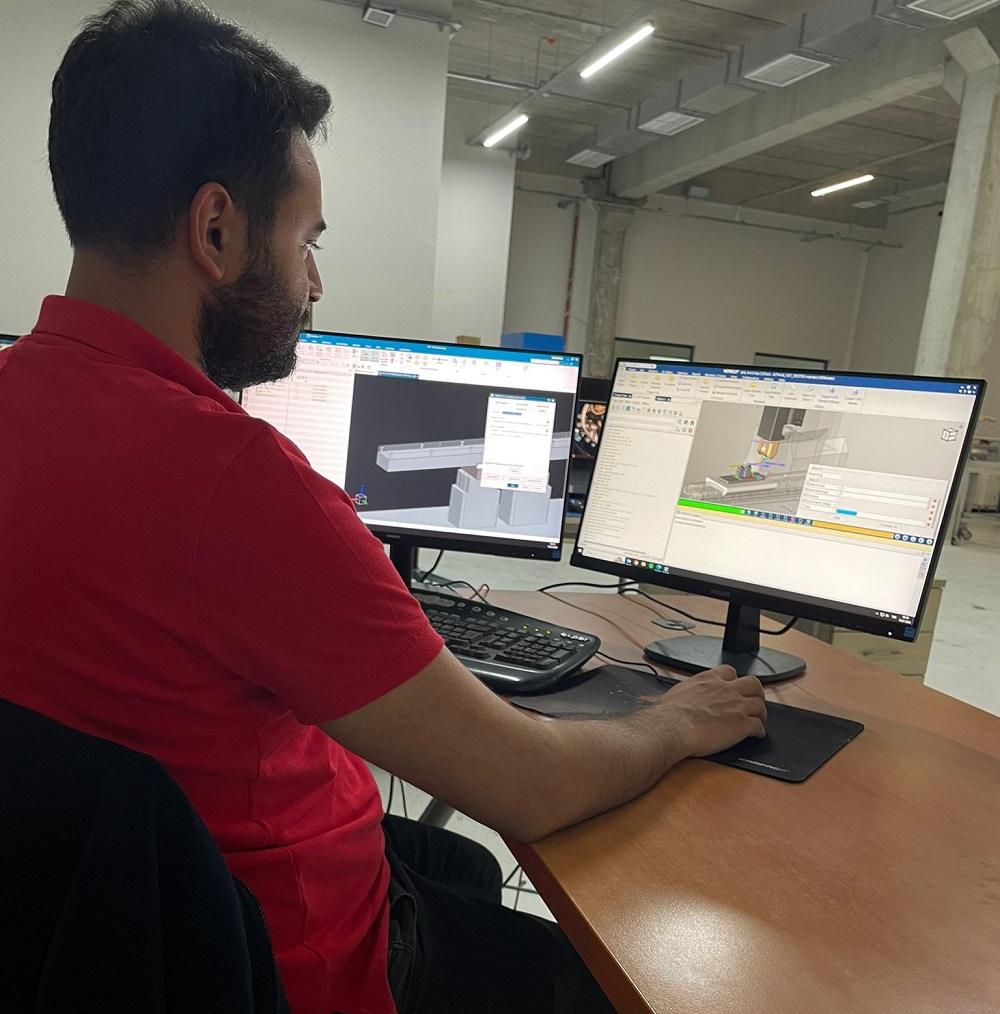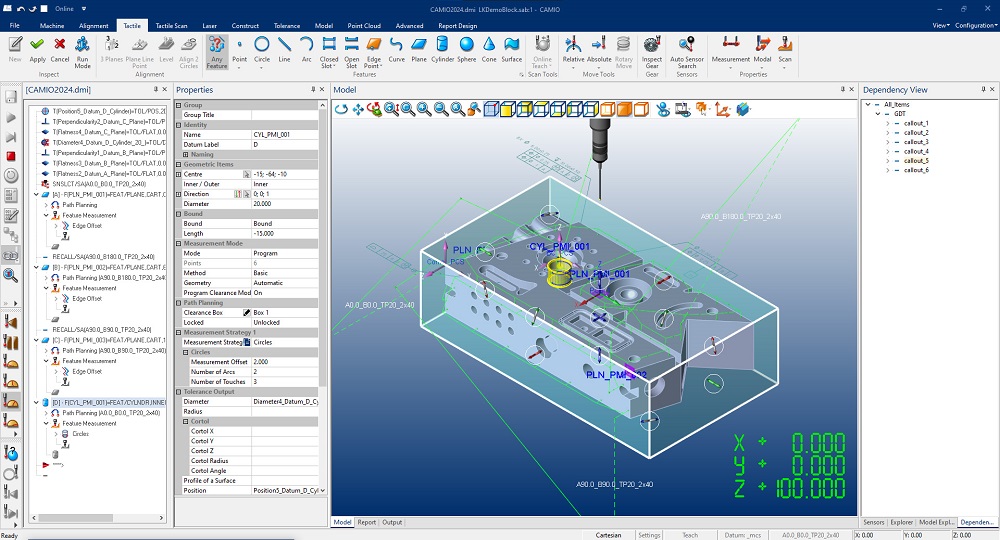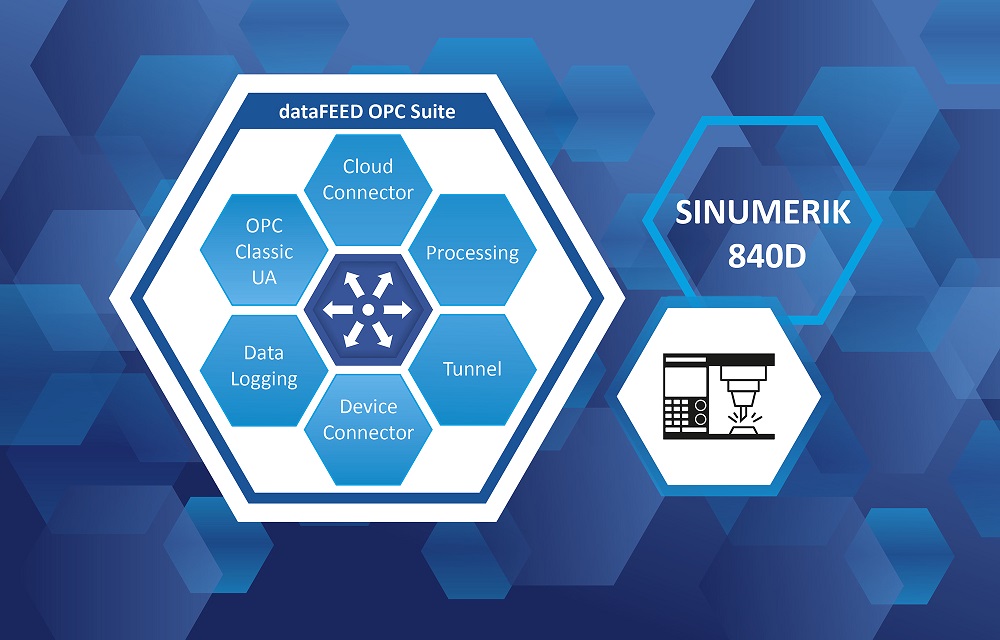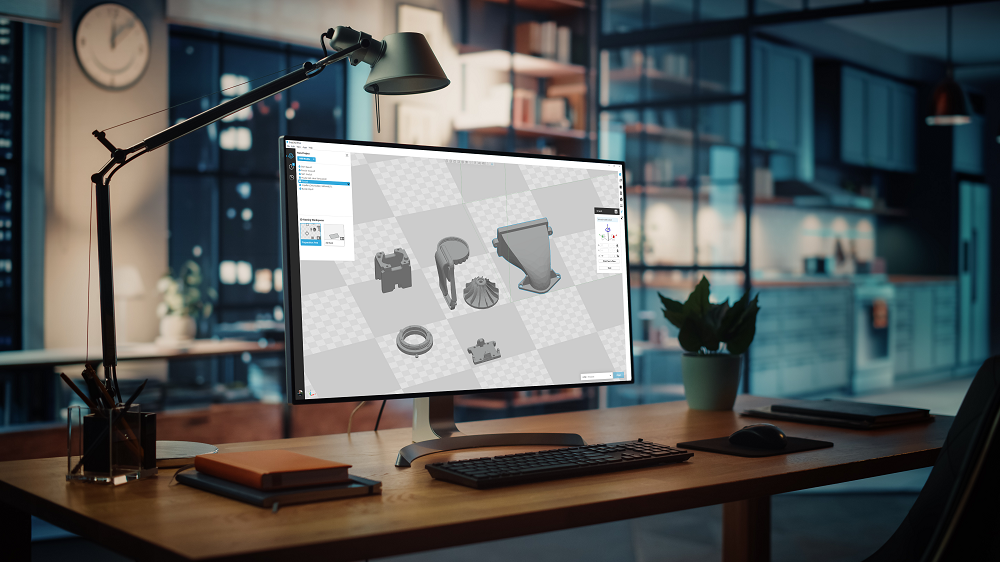EMGE AŞ, a major machining company in Türkiye with more than 40 CNC machines on site, is now benefiting from the introduction of Vericut verification, simulation and optimisation software. This astute investment is helping the company to drive higher levels of efficiency and reliability in its extensive machining operations, which see the manufacture of around 1.5 million parts per annum from materials that include aluminium, steel, titanium and composites.
“After introducing 5S, Kaizen and lean production strategies, we decided to invest in Vericut as a means of reducing set-up times in our production processes,” explains Emre Uluhan, a mechanical engineer with responsibility for EMGE’s NC Programming Department. “This decision enables us to detect potential machining errors beforehand, simulate multiple operations in a single file, and execute them swiftly and reliably. Additionally, we can create specific simulation templates for new machines added to our inventory.”
Before Vericut, the process of simulating and verifying operations at EMGE was vastly different.
“We previously had to create separate simulation files for each operation, which led to inefficiencies due to the time required,” he says. “In contrast, using Vericut means we need just a single session to simulate programs of parts produced using multiple set-ups. Vericut operates so quickly and reliably that we observed an increase in our production efficiency from the very first moment of using it.”
EMGE reports a reduction in processing times for first article inspection (FAI) parts of 50% thanks to the confidence provided by Vericut simulations.
“I would recommend Vericut to any manufacturer that wants to prioritise machine efficiency, reduce part processing costs and avoid material wastage due to high material costs,” concludes Uluhan.
More information www.vericut.com




















